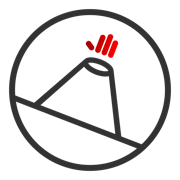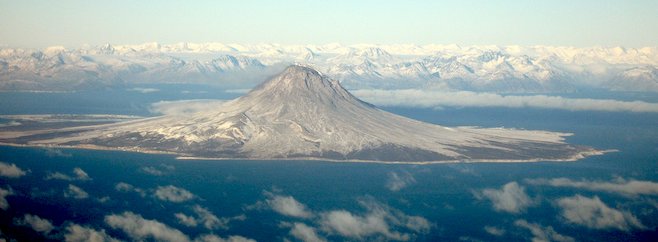That Augustine volcano picture from AVO in Alaska reminded me of the time I was working there on the beach, on my reclining chair, computer on my laps (lap-top!!!), compiling my data acquisition software while facing the volcano and getting live new results right away from its rim at the top, where we installed our monitoring instruments. All this in that amazing scenery: the Pacific, the Alaska mountain chain background, the grilled fresh salmon and the volcano itself. Paradise in hostile environment. It was amazing !
How did I come to such a luck?
What is a software developer?
Software Developers are regarded as no-lifes, as nerds. You know, the clichés we see in movies. They're very skinny, named Harry, never leave their dark rooms lit by gloomy green screens, have pizza slices delivered under the door, no friends outside the online chat rooms. They're so pale that they're almost translucent, covered with severe acne, wear broken big thick black soviet glass frames tied together by the middle with a dirty used band-aid. You know, Arnie in the movie Christine.I started like that
My first contact with computing and programming took place in 1980 in the Swissair 111 flight from New York to Geneva. I bought a handheld calculator, the HP-33C and, clueless, played with it overnight without sleeping. I didn't know what I bought. I discovered that it was possible to make it record sequences of instructions that could be repeated at will. Wow. That was what programming was all about.
Then I took a computer class that was offered for the first time in high-school. Yeah! You know, punch cards, results printed on paper and delivered by the operators every 20 minutes.
It was magical. This was new to almost everybody at that time. And I got hooked.
I then made tremendous progresses in both software and hardware understanding. And I loved it. I knew I would spend my life around computers. But I needed a purpose. Computing for the sake of computing? No! Computing as a support to something else? Yes!
Brain
To me, software development is a complete intellectual talent. You work in an abstract world. You get to solve problems and workflows that you first don't know. You have to understand them, to model them, to break them into small comprehensive pieces, and make them work together towards the results you expect. When it works, it's thrilling, exhilarating beyond common-sense.
Art
Programing brings you to a very imaginative world, and I say it, art ! Programming is art. It's a full creation process. Just like art, you can rework what you did, enhance it.
It's understanding something and then express it your way to make it better, unique.
Progress
That programming art opens doors: to the world because it makes physics studies possible. It makes rockets fly to the moon and back. It stimulates science and makes it move forward so you can now heal persons better. It makes possible to look inside a body without invasive tools. It makes you create visual environments that would not even exist without computers. It proves mathematical axioms. It makes you help people around the world.
Travels
That last point is important to me as it's this very thing that unveiled the world to me.
I studied Geophysics at the University of Geneva where I met my M.Sc. adviser, the late Prof. Jean-Jacques Wagner. Knowing I was a programmer, he told me that he needed someone to write a volcano monitoring software for a project in Guatemala. Needless to say that I signed with him within the next 5 minutes. That was the best decision in my life.
I finally got that goal I was looking for in software programming: it was not arid and sterile anymore, programming would model volcanoes, risk areas, population safety.
I walked into uncharted territories and this unfolded the world in front of me.
Meeting People. A lot.
I'm still amazed today to have been able to stretch between two worlds and hopefully have a positive impact on lives. I was programming on my couch next to my fireplace, in privileged Switzerland, and then, through the humanitarian aid programs, I deployed my software in developing countries in need where people had nothing.
Thanks to this, I didn't travel as a tourist. I was in contact with populations. I taught to them, a lot. It's immensely enjoyable. But most importantly, I learned a lot from them. Ways more than what I gave.
The No-geek
I realized that through programming, instead of being alone in my room like most people imagine developers, it's the exact opposite: thanks to all those people, from scientists at the Cascades Volcano Observatory near Portland, OR, in Alaska and Japan, to peasants on the flancs of some remote volcanoes in Nicaragua, Indonesia, Philippines, I discovered new ways of thinking, of seing science and life, new cultures, new traditions and food.
Life & Death
Programming computers brought me to places where I saw what devastation and death was (Nicaragua after the Mitch Hurricane). I saw what poverty means (me, coming from one of the wealthiest country). And I faced personal death twice. Not from volcanoes: I got shot twice in Central America (one missed, one hit, without obviously being fatal). That put new glasses on my face, not the thick geeky black ones, but the ones correcting your sight on the values of life.
Humble and rich
All this made me not only rich in human experiences, but it hopefully made me better and humble.
They paved the way. My way.
In a way, I mainly owe this amazing life to Control Data (CDC), Norsk Data and to Borland.
To CDC for my very first steps with programming Fortran on a Cyber 170/720 at the Institute of Technology in Lausanne, Switzerland.
And then, thanks to Philippe Kahn who created Borland and the tools I used to spread my wings: Turbo Pascal, Turbo C and C++ that I still use today!
Programming shaped me. It opened me and filled my life.
I say it today: programming is life.
Here is a collection of picture as a walk through from the early days of programming to volcano monitoring
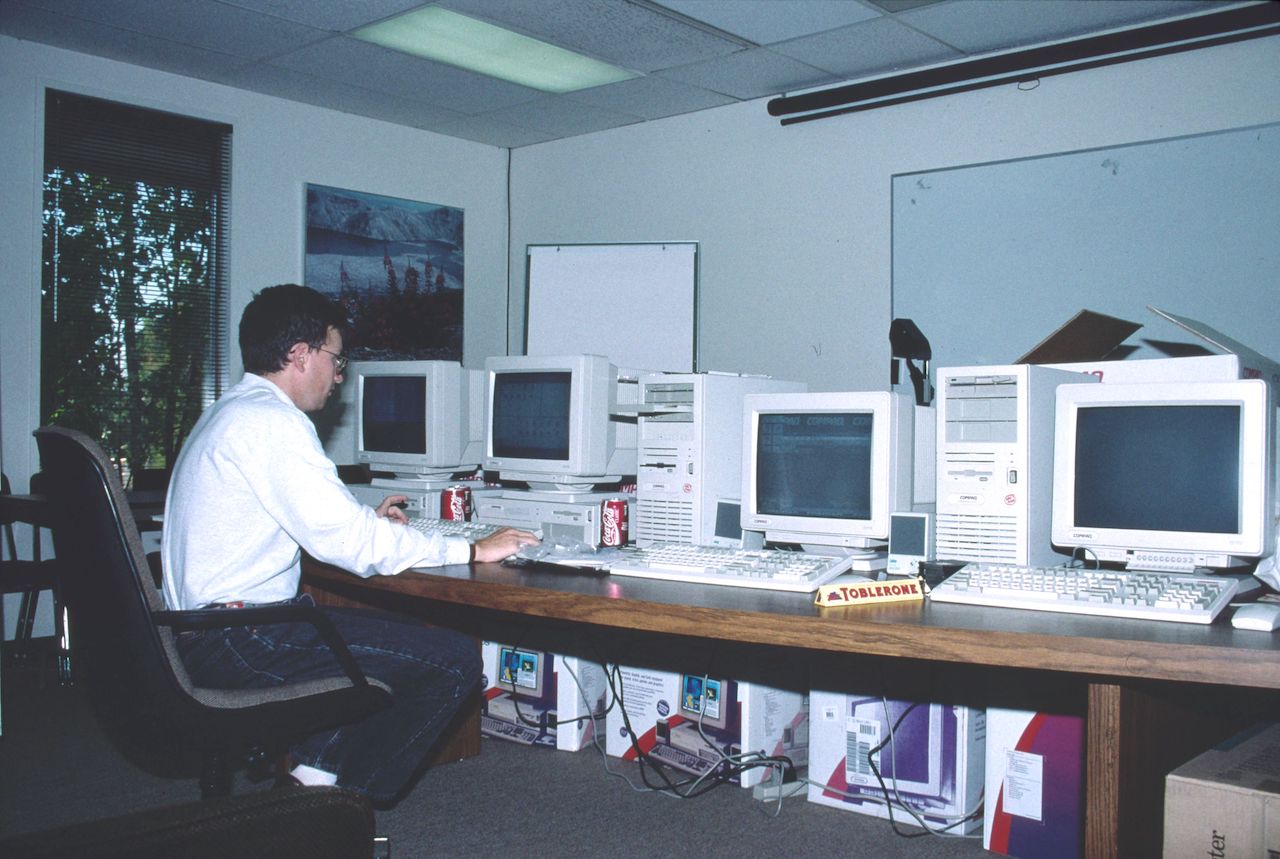
1994 From the geek side of programminng to...
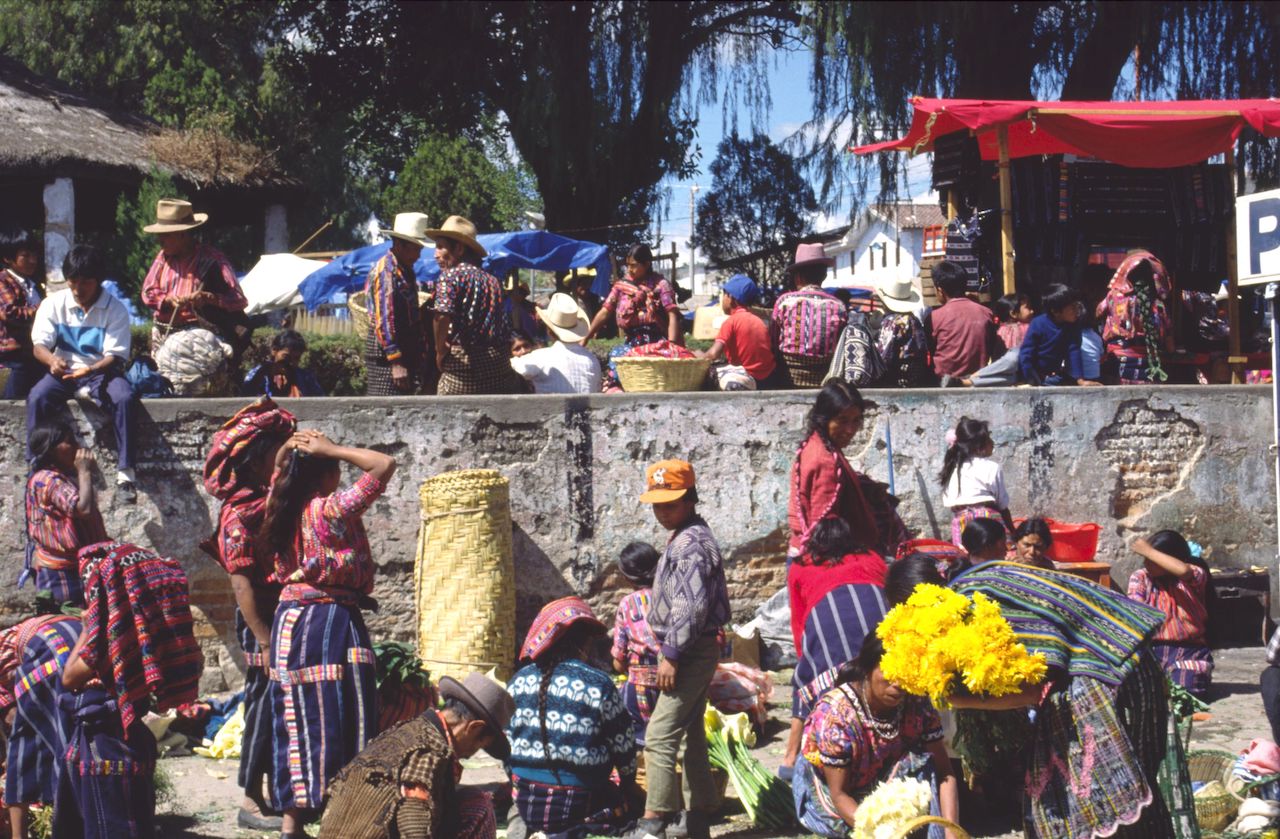
...beautiful market in Guatemela
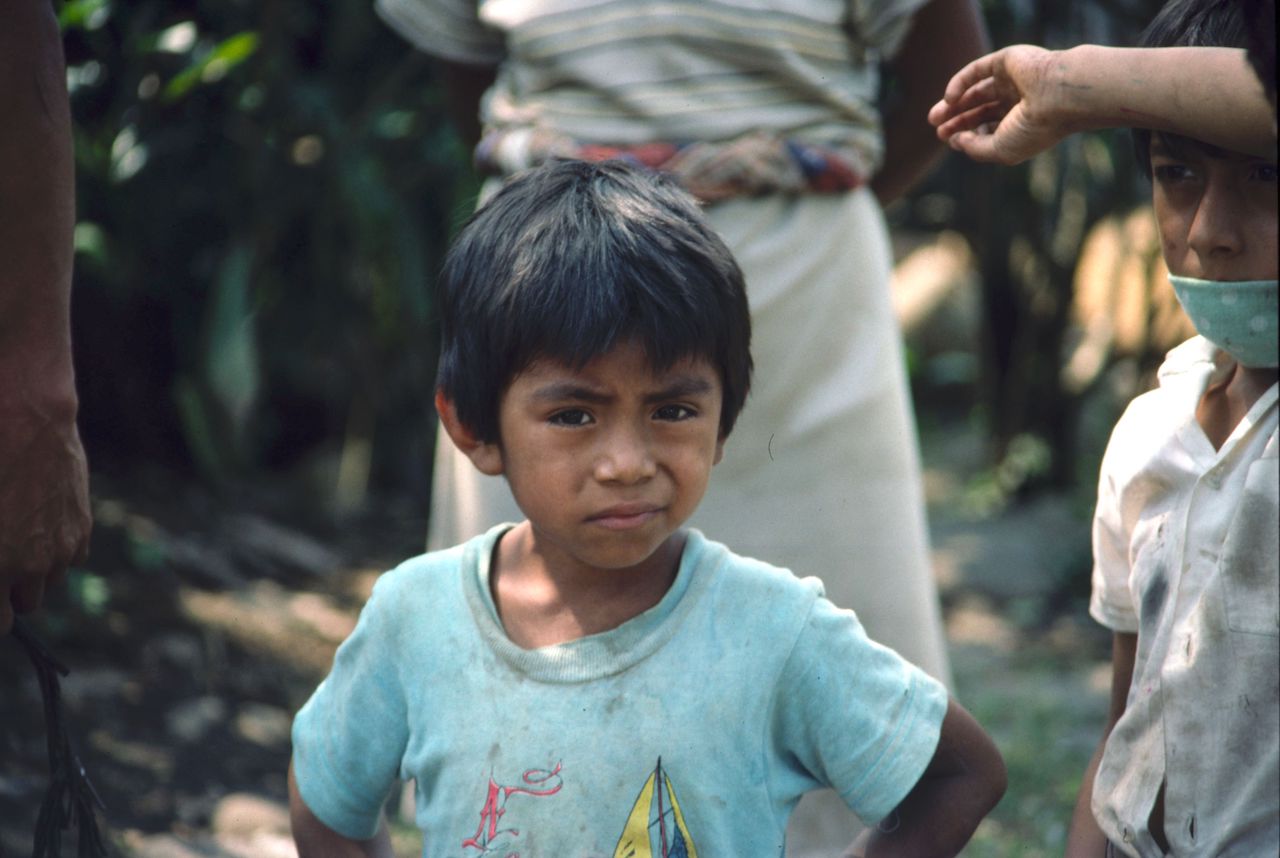
A kid on a volcano in Guatemala
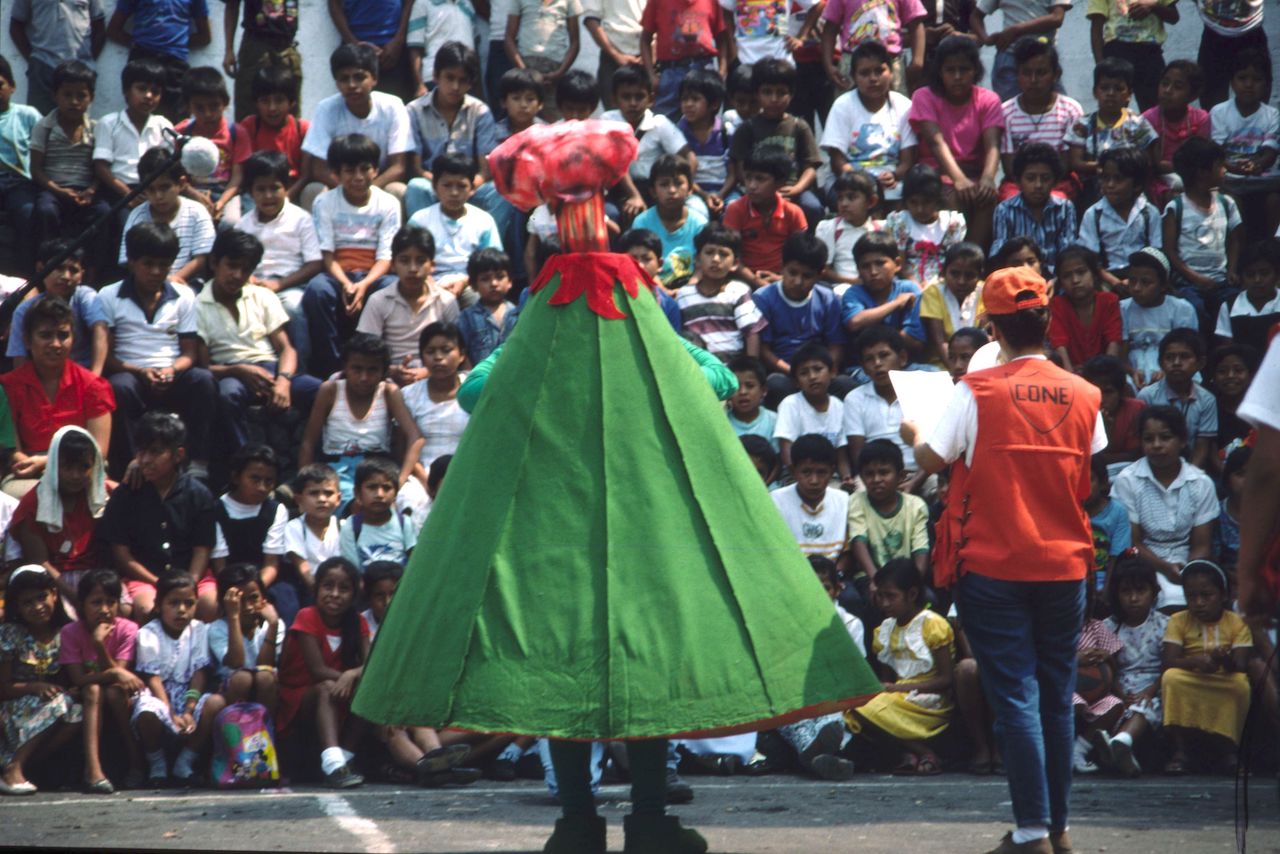
Teaching kids about volcanic risks
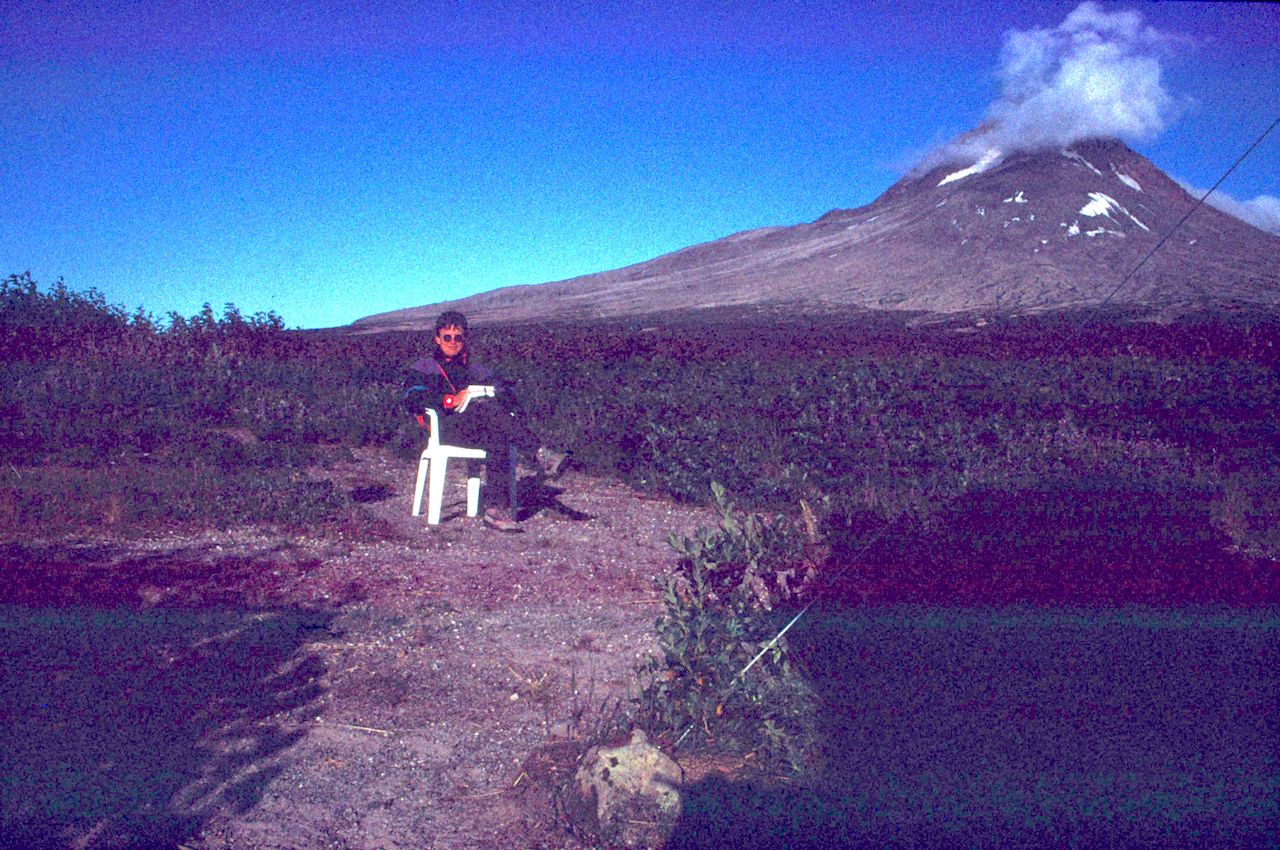
Being a geek on Augustine Island volcano in Alaska in 1996
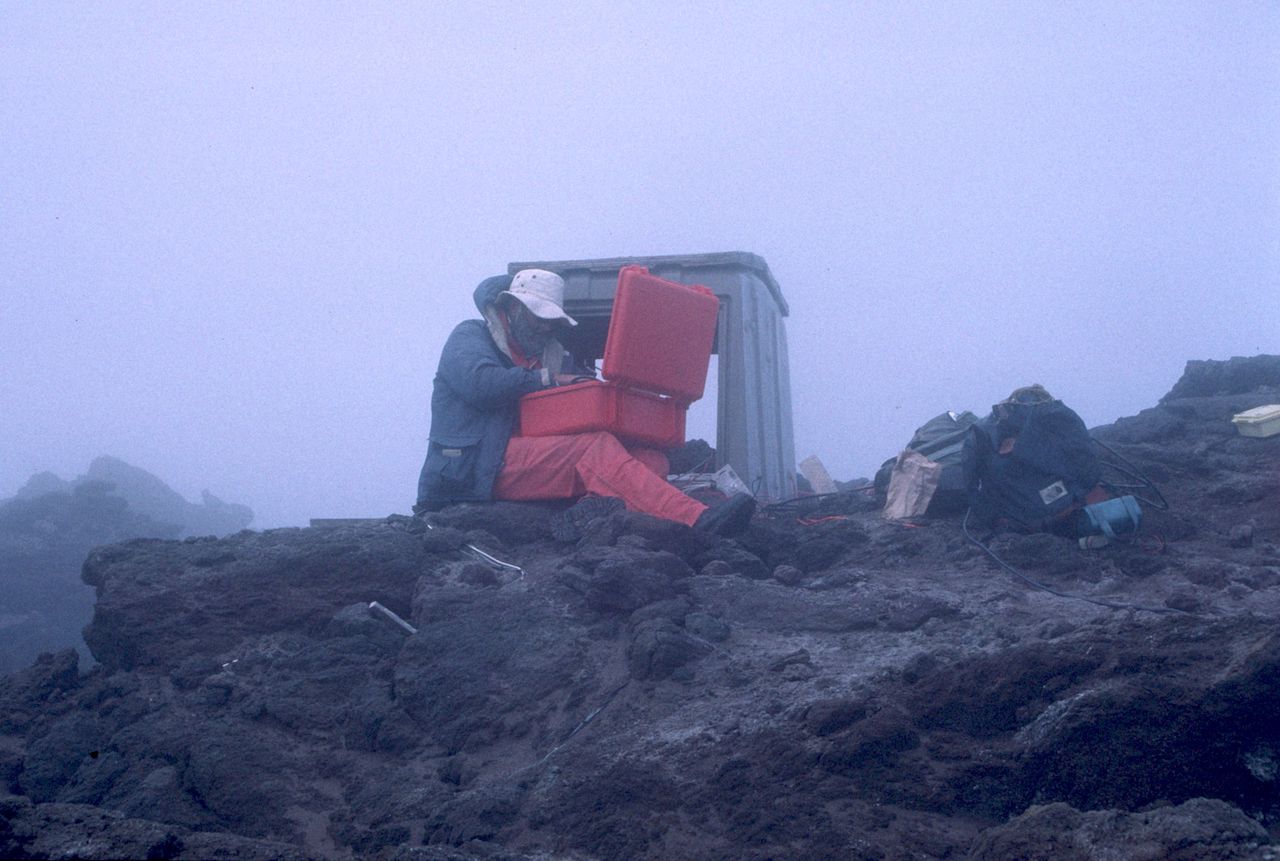
A geek colleague at Augustine volcano, Alaska - 1996
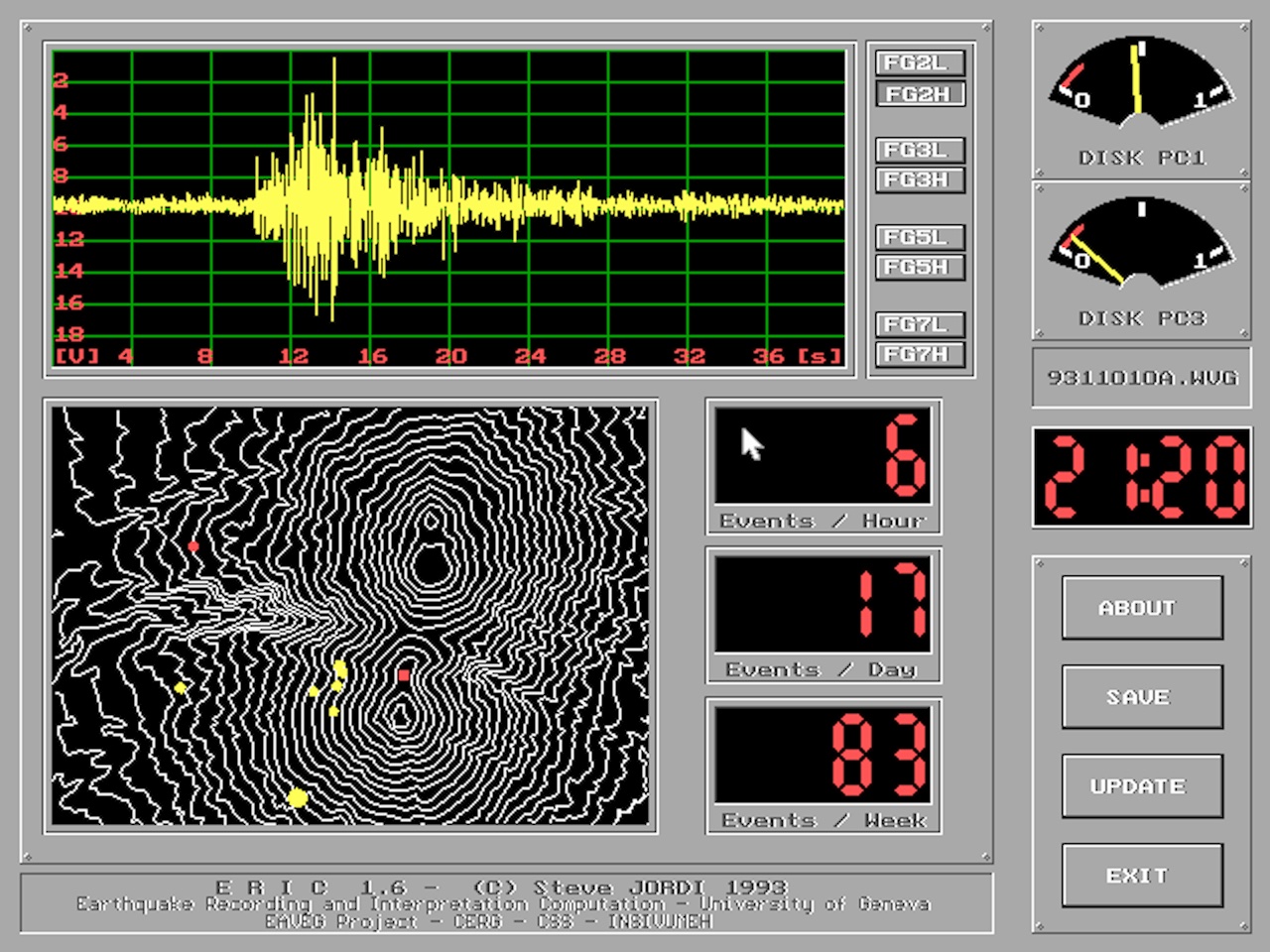
My first volcano monitoring software in Turbo C++ in 1993
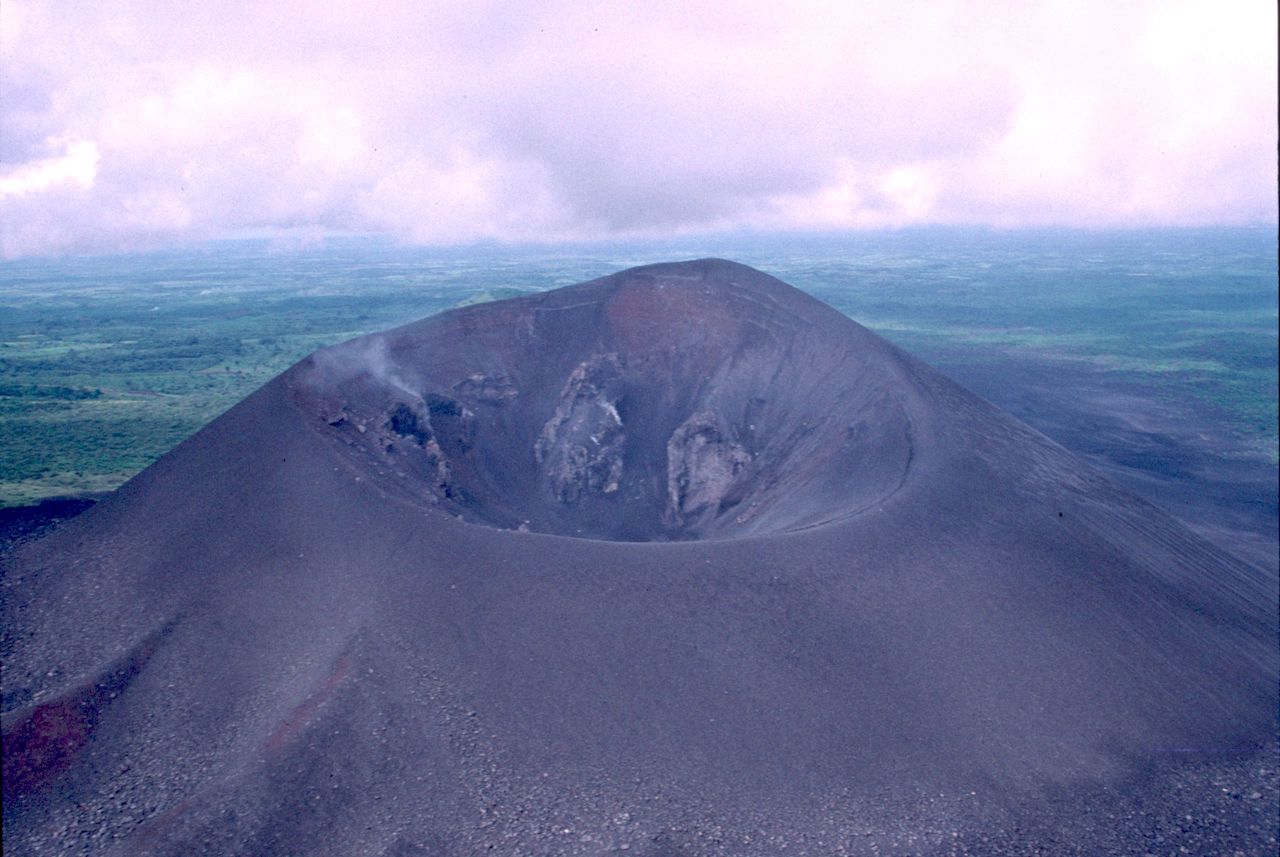
Cerro Negro volcano, Nicaragua
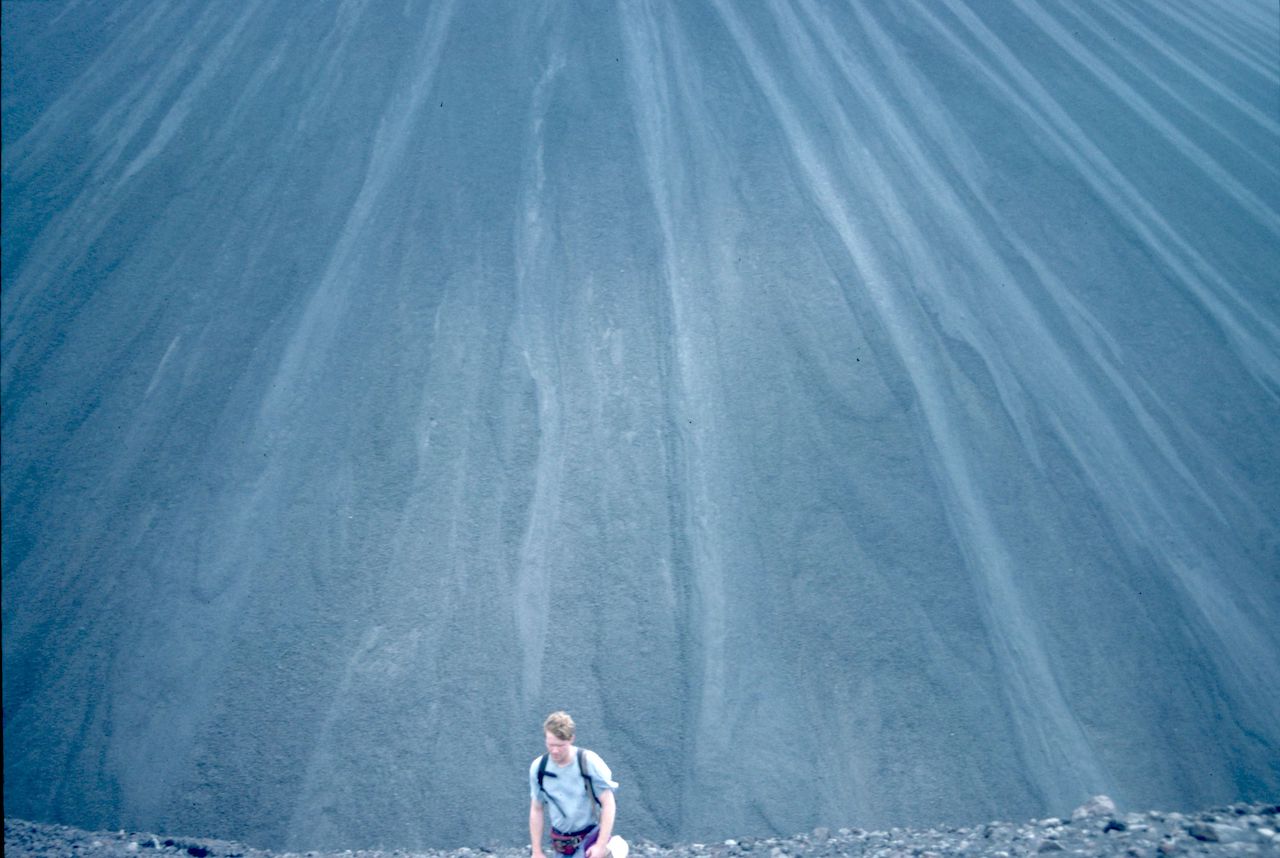
Life in perspective at foot of Cerro Negro
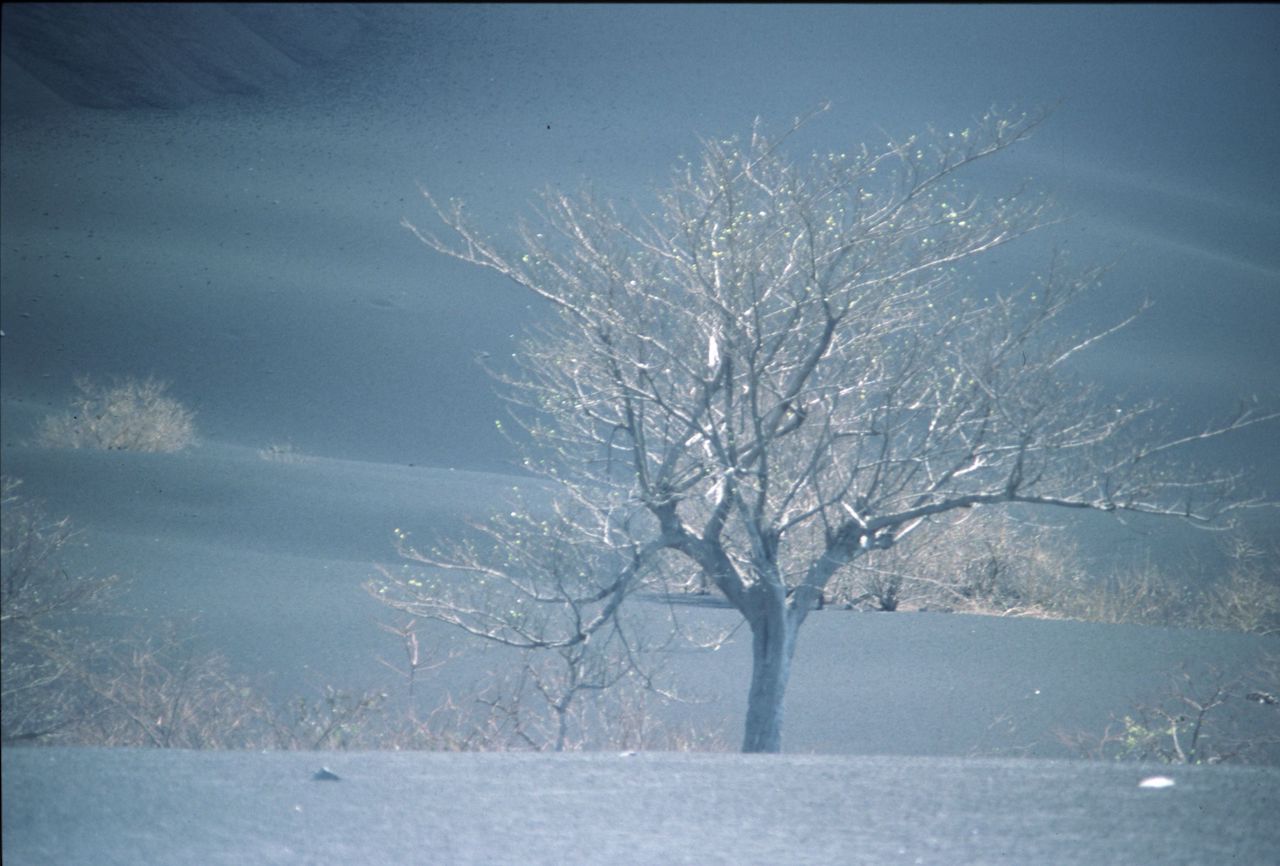
Programming is art. Second to nature though.
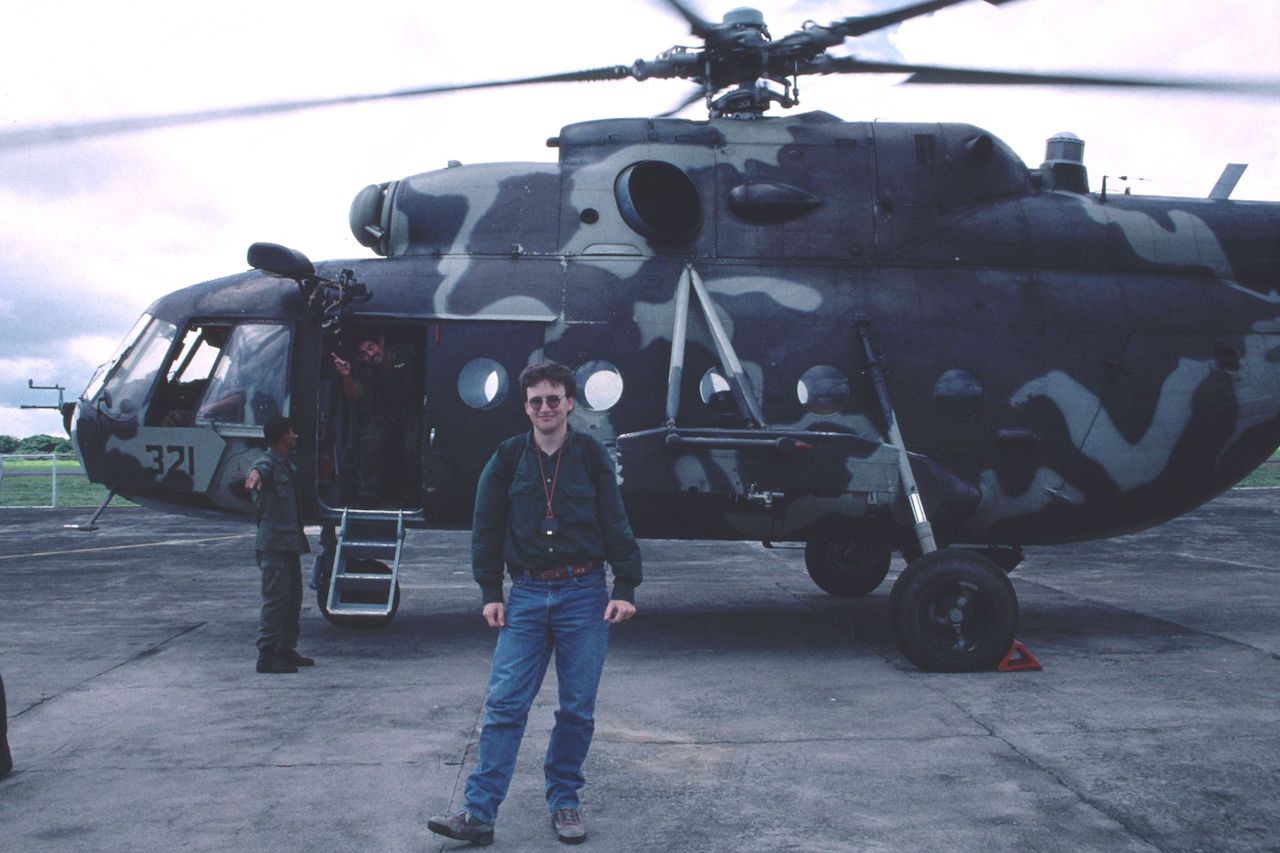
1997 One of the benefits of being a computer geek...
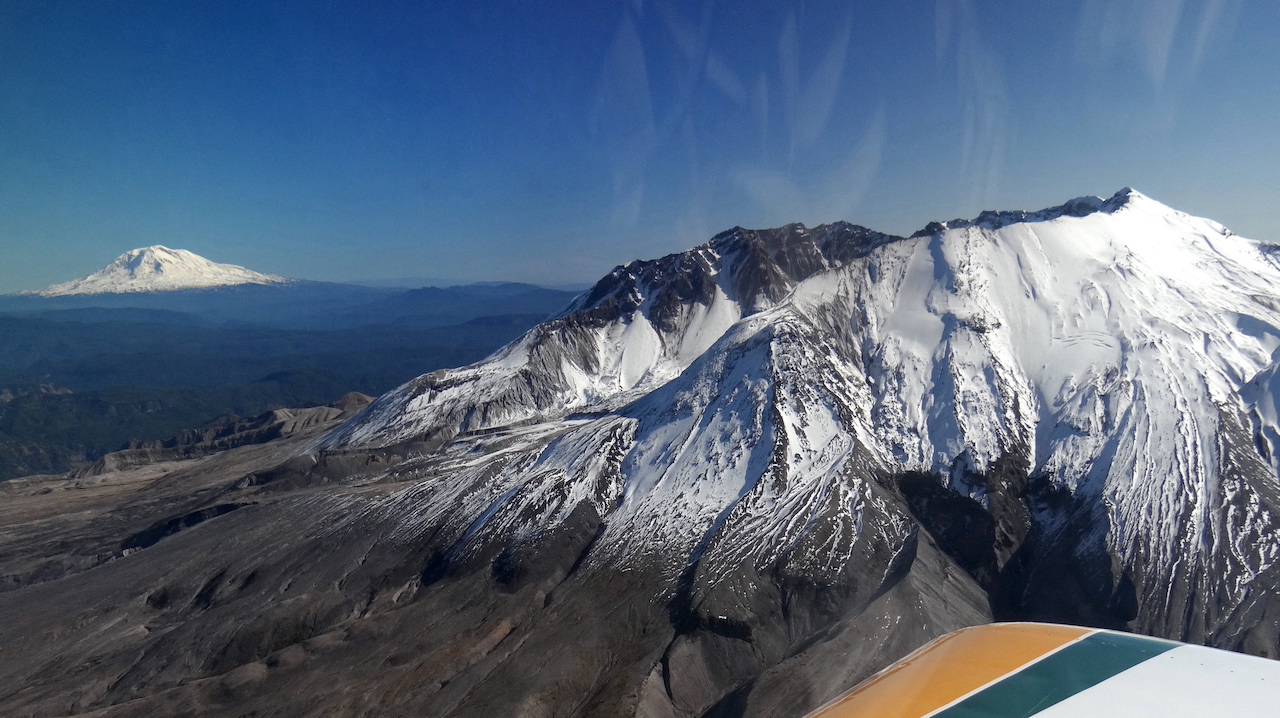
2013 Another benefit of being a computer geek!
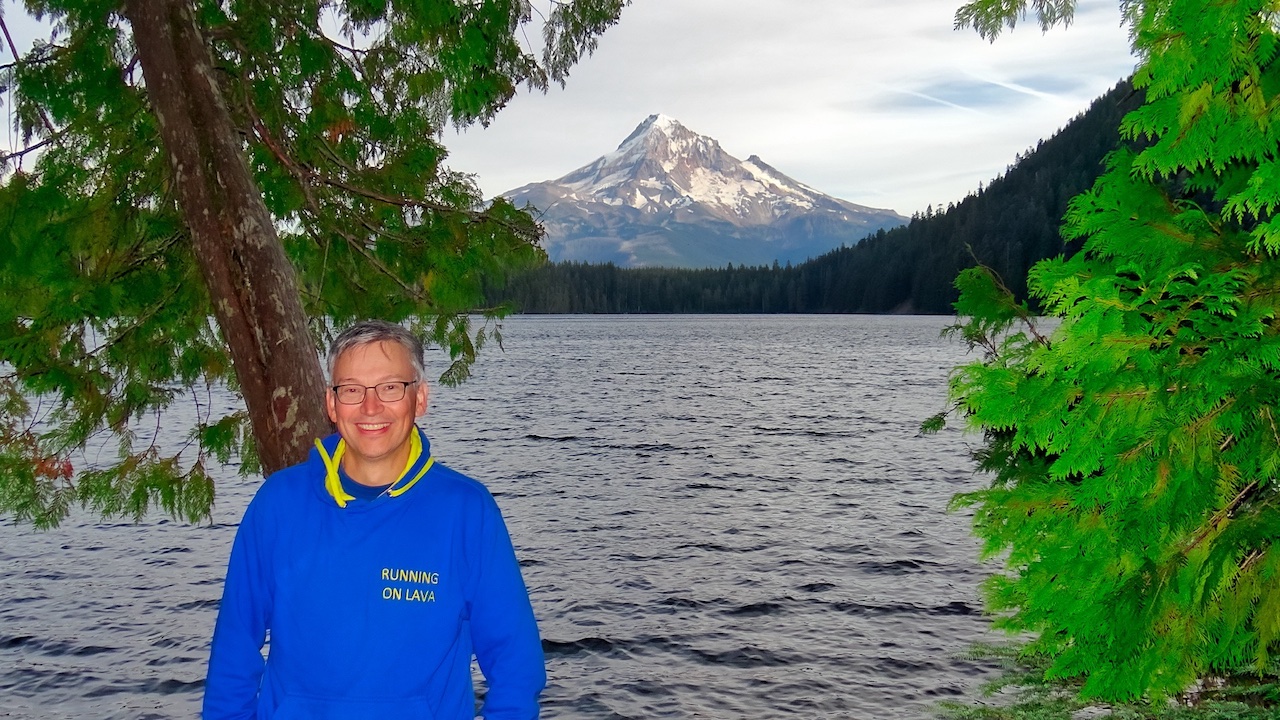
2016 Still a geek 40 years later. And still smiling and enjoying it.
